- Plan ItBack
- Design ItBack
- Build ItBack
- Homes
- ProductsBack
- CostsBack
- Self Build Cost Calculator
Estimate your project costs instantly with Build It's interactive self-build cost calculator
Calculate Now - Costs & Finance
- Contracts & Warranties
- Build It Estimating Service
Get an accurate, detailed cost breakdown of your project
Submit plans
- EventsBack
- My Account
Q&As
Is Self Build Value for Money?
27 November 2018
by Gary Downs
Hi, I've looked at average build costs per M2 and I have also used your online calculator.
But it is apparent that it costs as much, and actually more, to build a house than it would be worth.
I used my own house to get a good comparison. I used average spec for finish and it came in at £172,000. My house is valued at around £200,000 but if I bought the land that it sits on in the area that I live (Higher Bebington, Wirral) then that would add another £75/£100,000 to the build which is way over its value.
So how does it work when they say I should save 1/3?


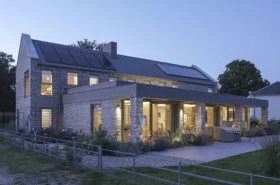

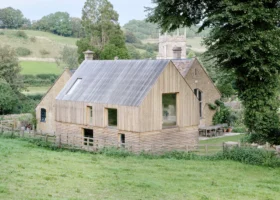
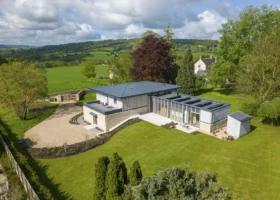
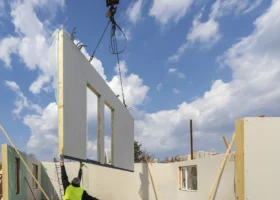
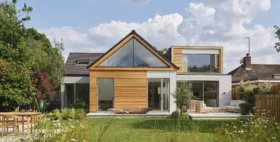
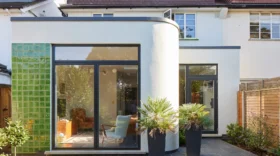
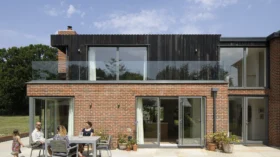

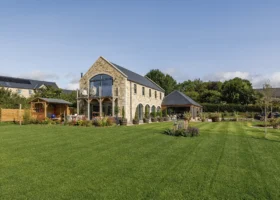

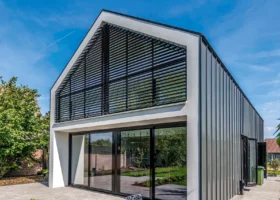

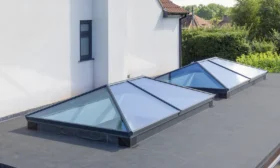
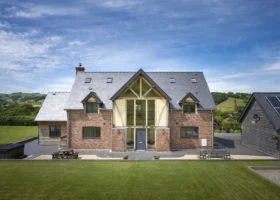
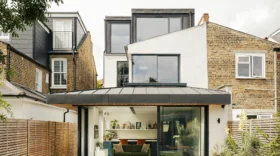
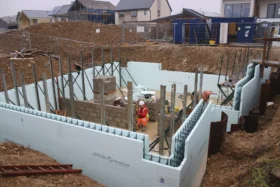
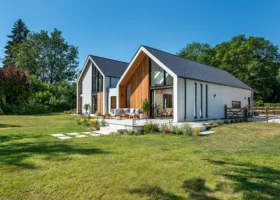
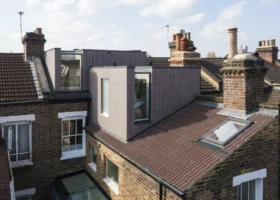
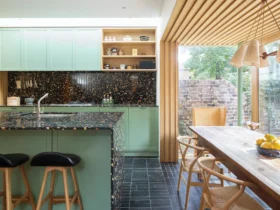
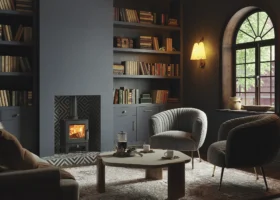
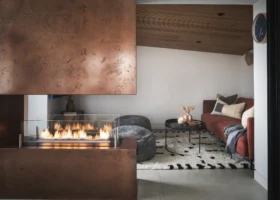
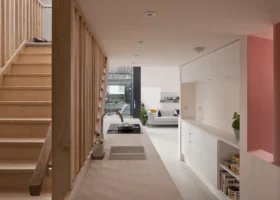
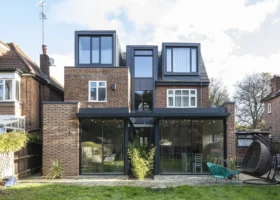
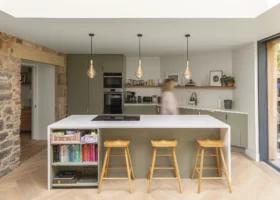
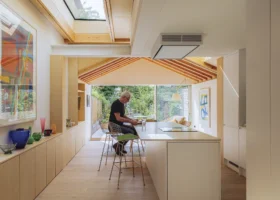
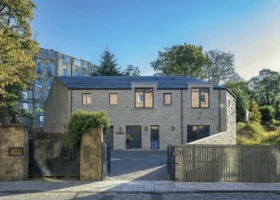
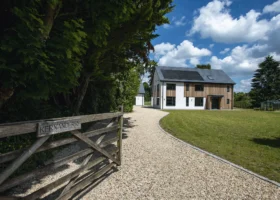
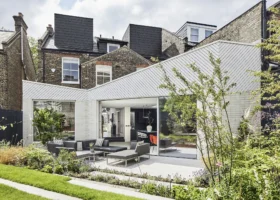
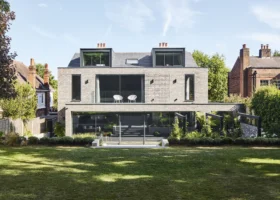
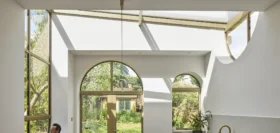
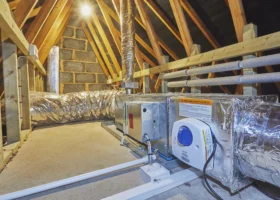
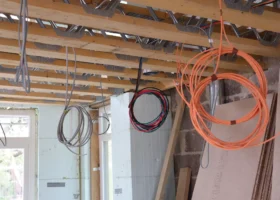

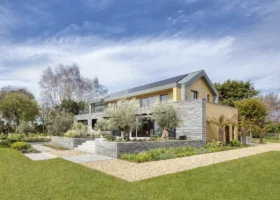
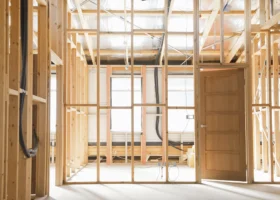
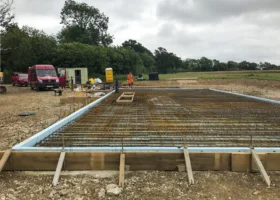
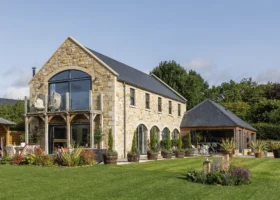

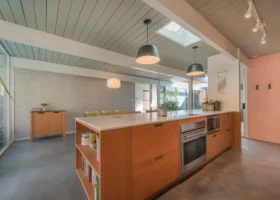

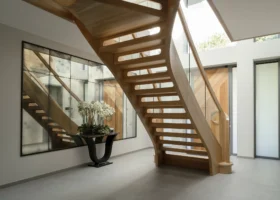
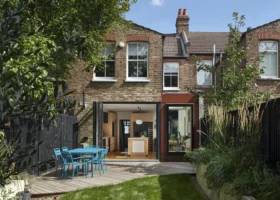
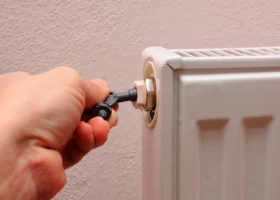

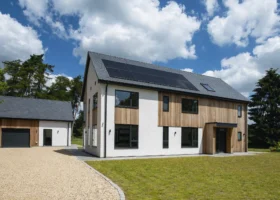
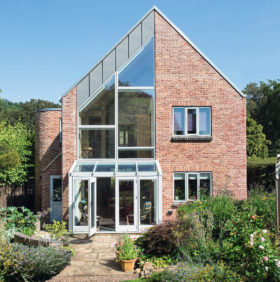
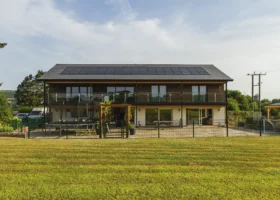
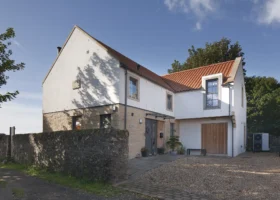


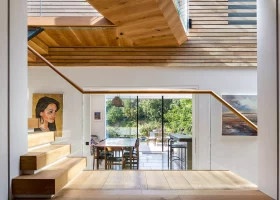
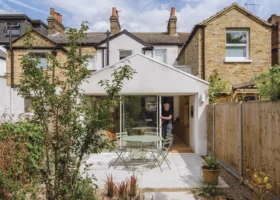
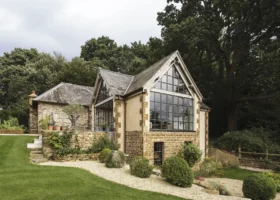
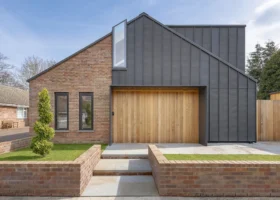
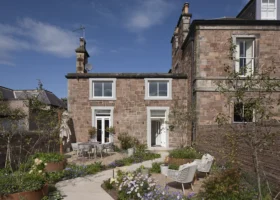
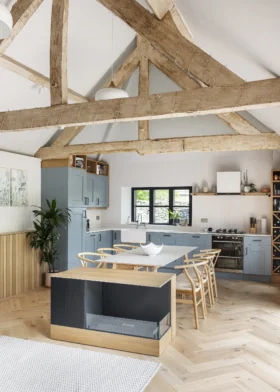
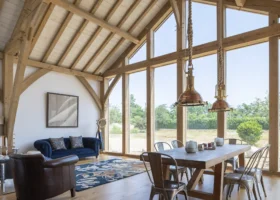









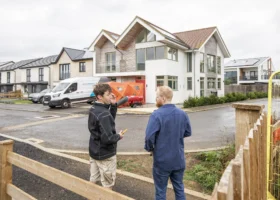








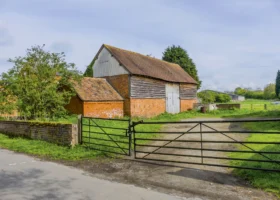
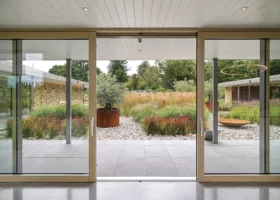


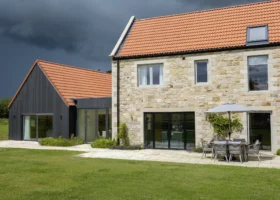
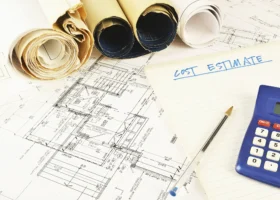
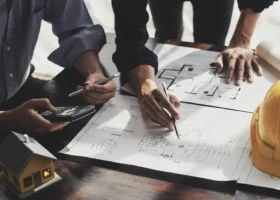
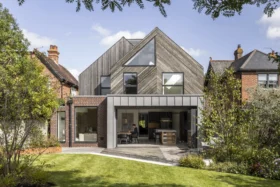
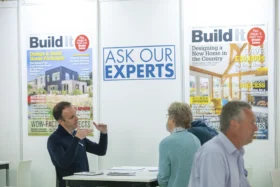



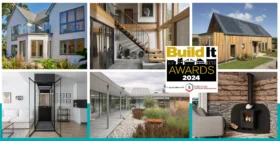
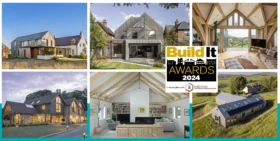









As I’ve said many times, self building is not an easy way of getting a cheap house, rather it is a way of getting a house that should be worth more than it cost to build if the right approach is taken.
If you are looking for a new home, you will typically pay less for a mass-market home on a new estate built by one of the big developers.
Their buying power, taut construction management and leverage of land prices ensure they will always be competitive on price. As a general rule, individual self builders tend to want better designed houses with a higher specification in desirable locations.
By taking on more of the risk of the build, they also benefit from what would have been the developers profit margin. It’s this combination that can put the value into a property and what generates the increase in value when completed.
Location is a huge factor in the value of the finished property and is one of the reasons why self build, especially replacement dwellings, are so prevalent in the south of the country where property prices are demonstrably higher and have soared in recent years – the same has happened in some areas in the North, but not everywhere.
Every street in the country has a ceiling price and the finished valuation will be reflected in this, regardless of quality or specification. While you can expect to be pushing the upper limits of the ceiling price in any given area with a well-constructed new build, you can’t expect a drastic breakthrough because purchasers would rather buy a finished home on the open market or a home needing work in a more desirable street which will always cap the value in a less sought after area.
If the numbers don’t stack up, as is sometimes the case, then you’ll need to think carefully if it’s the right thing to do.
The value of land also reflects what can potentially be built on it to maximise value not what is on it. You state that your current home is worth £200k and that the land to build it on would be valued at up to £100k – that’s a land cost of 50% of the finished value. You would have to construct a family home for £100k on that plot just to break even – you’d have to be doing much of the work yourself and building to a basic specification to get anywhere close to this figure and I’d say it was an unrealistic budget for the average self builder.
What that tells me that the land would be seriously overvalued at that price.
Land priced at 35% of finished value would be a more realistic ratio so might be more realistic at around the lower end of your valuation of £70k, leaving a more achievable £130k build budget. Whether that resulted in an uplift in value is down to factors like the market and location.
Therefore, if you are building with the idea of creating value, selling on and starting over again, you need to pick the right place to do it. if however you want to build the perfect home for you and your family and plan to stay there forever, what it’s worth on completion is less of a concern for some.
Mike Hardwick, Build It expert